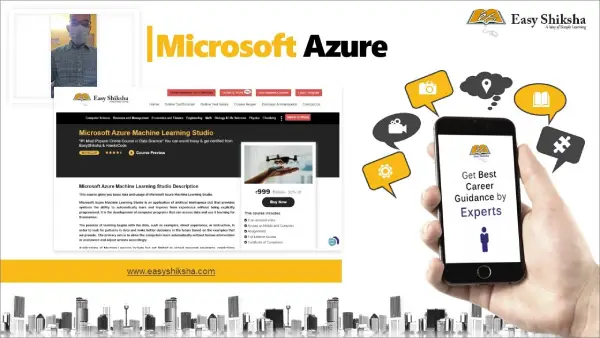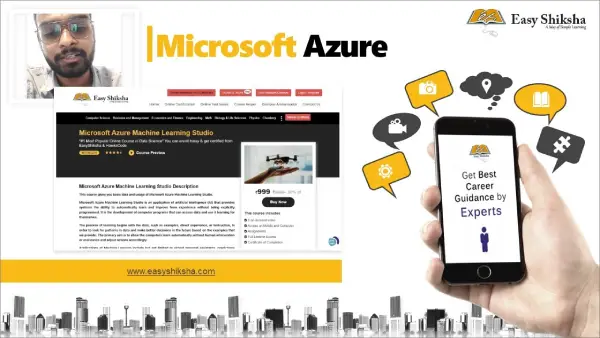To have an powerful human useful resource exercise, the understanding of Labour regulation is an critical part. Especially inside the Indian state of affairs, the Labour welfare and protection is paramount in commercial family members solutions. hence to enable the scholars to have an excellent base in Labour law, this paper makes a speciality of numerous Labour legislation, dispute fixing machineries and Judicial setup.
There are modules with conceptual, descriptive, analytical, practical and criminal factors. students will recognise the development and the judicial setup of Labour legal guidelines. they may analyze the salient functions of welfare and salary legislations also to integrate the know-how of Labour law in general HRD exercise. College students will examine the legal guidelines relating to commercial members of the family, Social safety and running situations and additionally analyze the enquiry procedural and commercial discipline.
This course is designed to impart fundamental expertise approximately the labour law machine. college students pursuing the route find out about the legal abilities and practices prevailing inside the discipline.The main motive of offering this course is to make student learn all about the labour laws and its compliances in india.The objectives are as given below.
● To recognise the improvement and the judicial setup of Labour laws.
● To learn the salient features of welfare and salary legislation.
● To study the legal guidelines referring to business members of the family, Social security and running conditions.
● To understand the legal guidelines associated with operating conditions in unique settings.
This course will highlight about various facets of industrial dispute Acts 1947 coveing scope , features and overview of the act to make clear impact on the students. Labour law is one of the most important subjects in law school or for lawyers to know about it and be the expert in the same by acquiring all the knowledge.
1.Module 1- Industrial Disputes Act, 1947
a) Introduction
b) Scope and object
c) Features
d) Concept of “workmen”
2.Module 2- Authorities Under Industrial Dispute Acts
a)Glimpse of work board trustees\
b) Conciliation officer
c)About Board of Conciliation
d)About Courts of Enquiry\
e)Functions of the labour court.
.Module 3- Payment of Wages Act, 1936
a)Object of Payment of Wages Act
b)Features of the Act
c)Responsibility of Wages Act
Module 4- Maternity Benefit Act, 1961
a)Introduction to Maternity Benefit Act
b)Applicability & Eligibility of the Act
c) Major Highlights of the Amendment in Material Benefit
d) Maternity Benefit (Mines and Circus) Amendment Rules 2019
Module 5- Evolution and Growth of Trade Unions in India
a) Introduction
b)Journey of Trade Unionism in India
c) Trade Uninionism in 21st Centuary:-Highlights
Module 6- Trade Union – Definition, Registration and Recognition
a)Recognition overview
b)History
c)Registration procedure
Module 7- Constitution and Recognition of Trade Unions:
a)Conditions necessary for recognition of trade union
b)Rights of Trade Union in india
Module 8- ‘Strike’&‘Lock out’
a)Concepts, of strike
b) concept of lockout
c)Essentials of strike and lockout
d)Right to strike is not fundamental right
e)various styles of strike
f)causes of lockout: Glimpse
Module 9- International Labour Organisation – its influence in bringing changes in national legislations.
a)Highlights of benefits of International labour Organisation\
b) A means of improving financial strata overall performance by ILO
Module 10- Employees’ State Insurance Act, 1948
a)Applicability of the act
b)Overview of constitutionality of the act































































PAWAN SINGH SISODIYA
-
12 Oct 2025The course starts with an overview of Indian labour laws, covering key legislations like the Factories Act, Industrial Disputes Act, Payment of Wages Act, Minimum Wages Act, Employees’ Provident Fund, and Gratuity Act. It then goes deeper into statutory compliance procedures, explaining employer responsibilities, employee rights, and legal frameworks in a step-by-step manner.
Pulak Roy
-
16 Aug 2025overall nice experience more knowledge of Law Thanks
Saddam
-
20 Jan 2025HR professionals, payroll & compliance staff, internal auditors in organisations who want to strengthen their knowledge of labour laws and statutory compliance.
wali muhammad
-
08 Jan 2025For the cost and time investment, it offers good value, especially for non-lawyers who need working knowledge of labour laws
Muhammad Banaras
-
28 Dec 2024A highly recommended course for HR and compliance professionals seeking practical, career-boosting knowledge of Indian labour regulations
Hasan Raza
-
28 Dec 2024A well-designed, practical, and career-boosting course that gives learners strong confidence in managing statutory compliances in India. Highly recommended for HR professionals
SHIIRAZ KHAN88
-
23 Dec 2024course is well-structured, up-to-date with recent legal reforms, and provides practical insights on maintaining statutory registers, handling inspections, and avoiding penalties
Muhammad Asif
-
30 Aug 2024Comprehensive and practical! The course clearly explains labour laws and statutory compliance requirements in India
Chinmay kumar Patra
-
18 Apr 2024Very informative and practical! The course explains labour laws and statutory compliance clearly for professionals in India
Isaac Kgosi
-
25 Feb 2024the institution has been very helpful to me